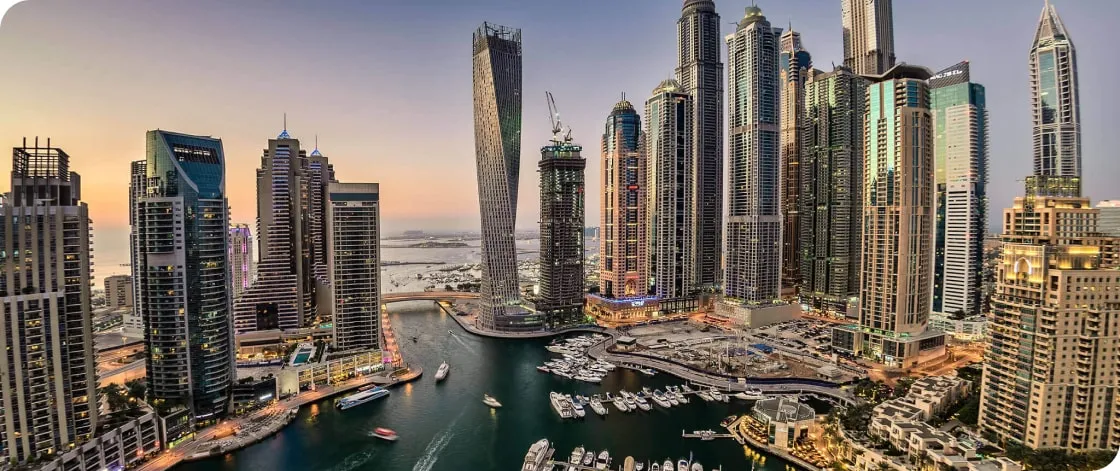Dubai, renowned for its breathtaking skyline and vibrant economy, has recently witnessed a remarkable surge in its real estate market. According to recent data from the Dubai Land Department, LLV Group, the Emirate recorded an astonishing 116,116 new property transactions, totaling approximately AED 429.6 billion (equivalent to $117 billion) in the first nine months of 2023. This impressive growth stands as a testament to Dubai’s resilience and allure for investors.
These statistics represent a significant uptick, with property transactions surging by 33.8 percent compared to the previous year. Moreover, property values exhibited an impressive increase of 36.7 percent during this period.
Sultan bin Mejren, the Director General of the Dubai Land Department, shared insights into this thriving sector, remarking, “This sector’s growth aligns perfectly with Dubai’s proactive economic agenda aimed at enhancing the Emirate’s competitiveness and appeal to global investors.”
Among the regions witnessing substantial transaction volumes, Al Barsha South Four emerged as the leader with 10,351 deals during this period, closely followed by Dubai Marina with 9,071 transactions, Business Bay with 7,414, and Wadi Al Safa 5 with 5,602 transactions. The top 10 areas in terms of transactions also included Al Merkadh, Al Thanyah 5, Burj Khalifa, Al Khiran First, Hadaeq Mohammed bin Rashid, and Jebel Ali First.
Regarding the overall value of property transactions, Dubai Marina took the lead with more than AED 36.7 billion in transactions during the specified period. Palm Jumeirah followed closely with AED 28.51 billion, Jebel Ali Industrial First with AED 27.93 billion, and Wadi Al Safa 3 with AED 25.33 billion. Other areas that made it to the top in terms of transaction values included Business Bay, Burj Khalifa, Al Merkadh, Al Khairan First, Hadaeq Mohammed bin Rashid, and Jebel Ali First.
In the domain of mortgage transactions, Dubai Marina secured the top spot among the top 10 areas, boasting 1,186 mortgage transactions. It was succeeded by Al Thanyah Fifth, Al Barsha South Fourth, and Burj Khalifa.
This resurgence in Dubai’s property market can be attributed to several factors, including government initiatives like residency permits for retired and remote workers, as well as the expansion of the 10-year golden visa program.
The revival of the property market coincides with robust economic growth in the Emirate. Dubai’s economy is projected to grow by 3.5 percent in 2023, following a 4.4 percent expansion last year, as reported by Emirates NBD.
Furthermore, Dubai maintains its position as a global FDI hub, retaining its status as the world’s top destination for attracting greenfield foreign direct investment projects in the first half of this year, surpassing other global cities by a substantial margin, according to data from the Financial Times fDi Markets.
With its resilient property market and robust economic growth, Dubai remains a prominent destination for investors seeking opportunities in the Middle East.
